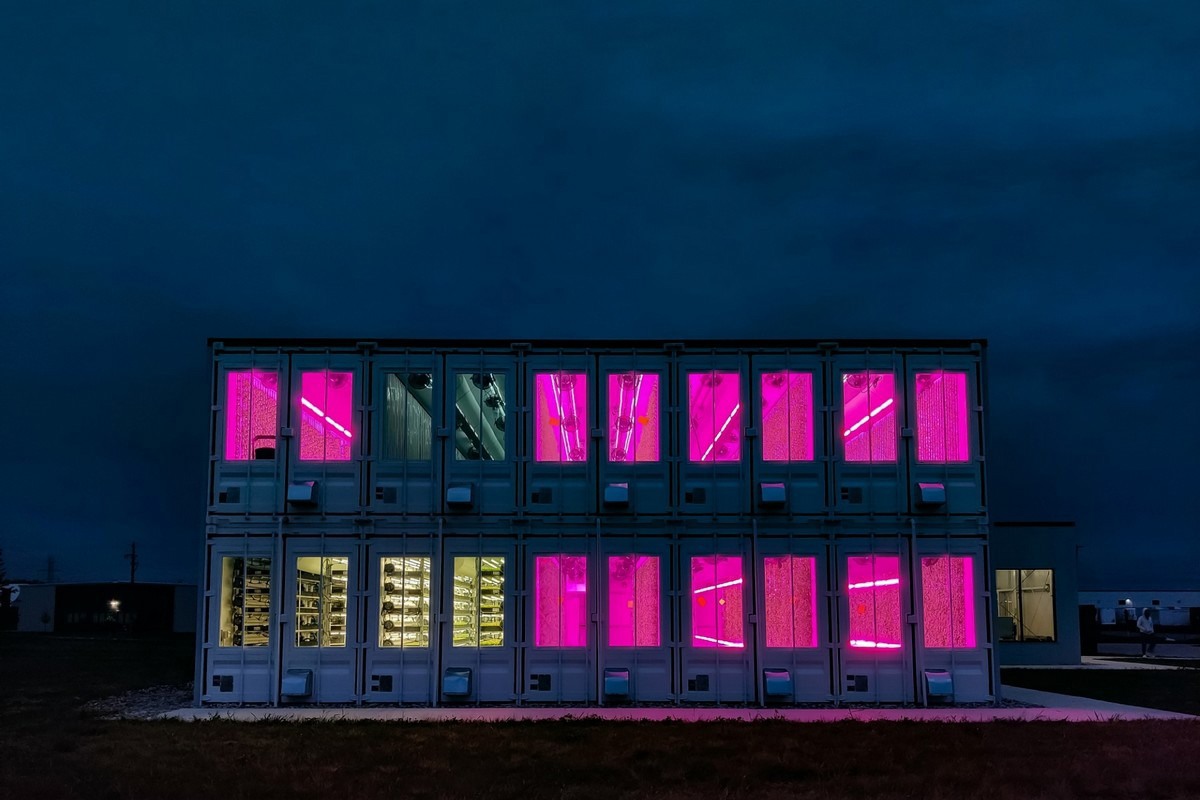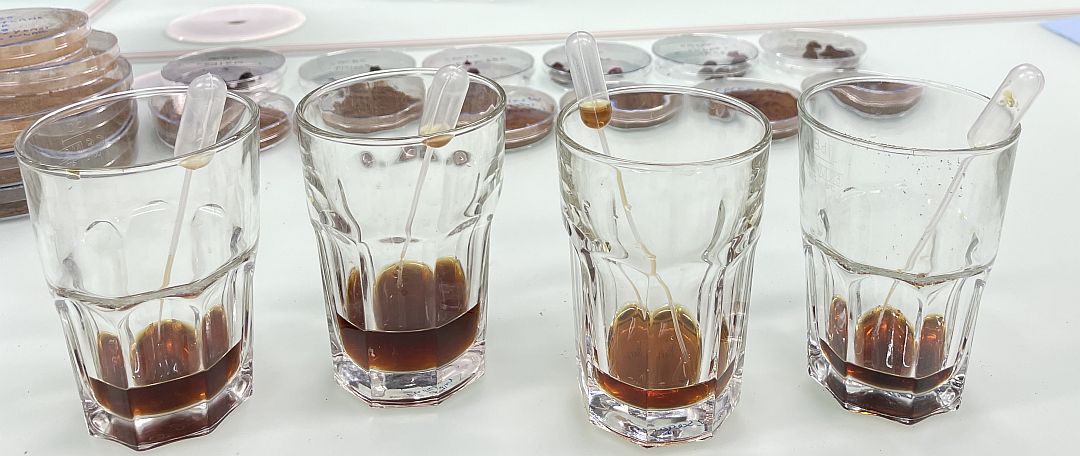This month’s member spotlight is focused on sustainability and features The Planting Hope Company. In this spotlight, Co-Founder and EVP Global Business Development James Curley (who is also a member of PBFA’s newly-launched Sustainability Committee), shares the inspiring story behind Planting Hope, the foods that define their brands, and their mission to bring about a more sustainable food system.
1. Tell us a bit about the history of The Planting Hope Company and the inspiration behind its founding.
The Planting Hope Company started its life as Spinning Wheel Brands, founded by myself and three co-founders. Essentially, we wanted to craft a series of brands that would fill gaps in nutrition and sustainability we saw in natural CPG categories. Our first product, Mozaics Real Veggie Chips, are popped chips made with peas, beans, and vegetables that offer protein and fiber in a convenient snack food. Our second brand was Hope and Sesame, plant-based milk crafted from the deeply nutritious byproduct left behind when sesame oil is expressed from sesame seeds. Sesame is a marvelously nutritious and sustainable crop.
2. What do people need to know about The Planting Hope Company’s mission, values, and objectives?
We have three pillars to our company: Nutrition, Sustainability, and Diversity/Inclusion. We are committed to developing and scaling CPG products that offer real nutrition, are crafted from sustainable plant-based ingredients, and are packed/processed as sustainably as possible—in a way that demonstrates a real commitment to human nutrition, human stewardship of the planet, and human development, diversity, and equality.
3. How have the circumstances of the past couple of years impacted the work that you do every day, and how has The Planting Hope Company navigated these challenging times?
The difficulties of the past few years, especially in the areas of supply chain challenges and financing challenges forced us to think hard about how we wanted to move forward—if we were able to do so. That pressure brought us to creating a publicly-traded, small-cap company on the Toronto Stock Exchange with visionary partners interested in the long-term viability of plant-based foods companies rather than the short-term view taken by many private financing sources. The Planting Hope Company came into being as a result of our desire to create a meaningful and sustainable platform from which to build our brands into the markets.
4. What does the word “sustainable” mean to the Planting Hope Company?
It means we need to think about the impact of everything we do in the world as we build our business—from agricultural sourcing to transport to packaging lifecycles to nutrient density to facilities management and everything in between. We are committed to “continuous improvement” on all these fronts, not just one or two.
For example, we recently pivoted our Mozaics items to using NEO Packaging Film, which is a better solution than traditional snack bag film, and we will hope to improve on that in the future as better options come available. Our sesame milk has 8 grams of complete protein (all 9 essential amino acids) per serving, a nutrient density 8 times that of almond milk, and is on par with dairy and soy milks. That means more nutrition per ton of freight moving down the road than most other options in the plant-based milk category, hence a lower overall carbon footprint.
Simply put, “sustainable” means doing better in all our processes since all of them have an environmental footprint. As we grow, we hope to achieve carbon neutrality or better, along with other metrics. It also means sustaining ourselves as a company so we can stick around long enough to have a meaningful impact.
5. How does The Planting Hope Company incorporate its definition of sustainability into company values, and can you tell us about any current work you may be doing to showcase these sustainability initiatives?
We’re grounded in sustainability, so everything we do is through that lens. In addition to our product development, manufacturing, and agricultural sourcing focus, we’re currently engaged in a project with the University of Oregon to create meaningful metrics for all aspects of our business. We’ll use this as a baseline against which to measure improvement and a place from which to set achievable goals in that direction. We are measuring multiple impact points from agricultural sourcing to end-of-lifecycle packaging to see where we are today compared to our industry, in general, and how we can chart a path to continuous improvement.
6. What about your work at The Planting Hope Company motivates you, inspires you, or makes you optimistic about the future?
I’ve always been optimistic about our industry in general (natural foods) and specifically our segment (plant-based foods) because of the basic understanding that what we do, how we live, and how and what we eat has a massive impact on the planet and the other species that share it with us. So my work at Planting Hope Company is a chance to be a founder and chart a specific vision of how we can contribute to the efforts to build a sustainable future that I won’t be around to see.
I’m inspired to create a legacy that others can take forward and improve upon. We are a powerful species. We’ve demonstrated that in both constructive and destructive ways. I know individuals can have an outsized impact by being committed and working hard to build sustainable systems. I’m optimistic that we’re one company of many, all working together for sustainable change.
7. What has been the most rewarding moment or pivotal milestone you’ve witnessed during your time at The Planting Hope Company?
The change from “Spinning Wheel Brands” to Planting Hope Company says it all. We started spinning ideas into products into a company, using intuition and experience—knowing what kind of outcomes we were hoping to have. Going public as Planting Hope Company was a milestone where we defined who we were in a very specific way: clarifying our three pillars of nutrition, sustainability, and diversity/inclusion that crystallized who we were and who we wanted to become. It took 6 years of “spinning” to finally “plant” ourselves, but that transformation has been very rewarding.
8. Based on your experience, what advice would you give to other plant-based companies aspiring to expand their sustainable impact, diminish their carbon footprint, or generally become more climate-friendly?
Commit to it! Wherever you are at the moment, you can chart a course to always do better, always improve outcomes, and always draw on peers for support and offer support in return. Building a business is hard, but it’s having a bigger vision that makes finding a way through the hard times more meaningful.
9. Can you give us a sneak peek into any notable news or exciting product launches in the pipeline for 2022?
Unfortunately, as a publicly-traded company, we’re not allowed to offer this type of “forward-looking” information about our plans since it impacts our investor markets. That’s a real change for me from being a private company, but I’m getting used to it. All I can say is we definitely have innovation planned, and you can hear about it when the press releases hit our web page.
10. Where can people learn more about The Planting Hope Company and find you online?
Our company information can be found here.
Source link
Author Annie Tarashansky






